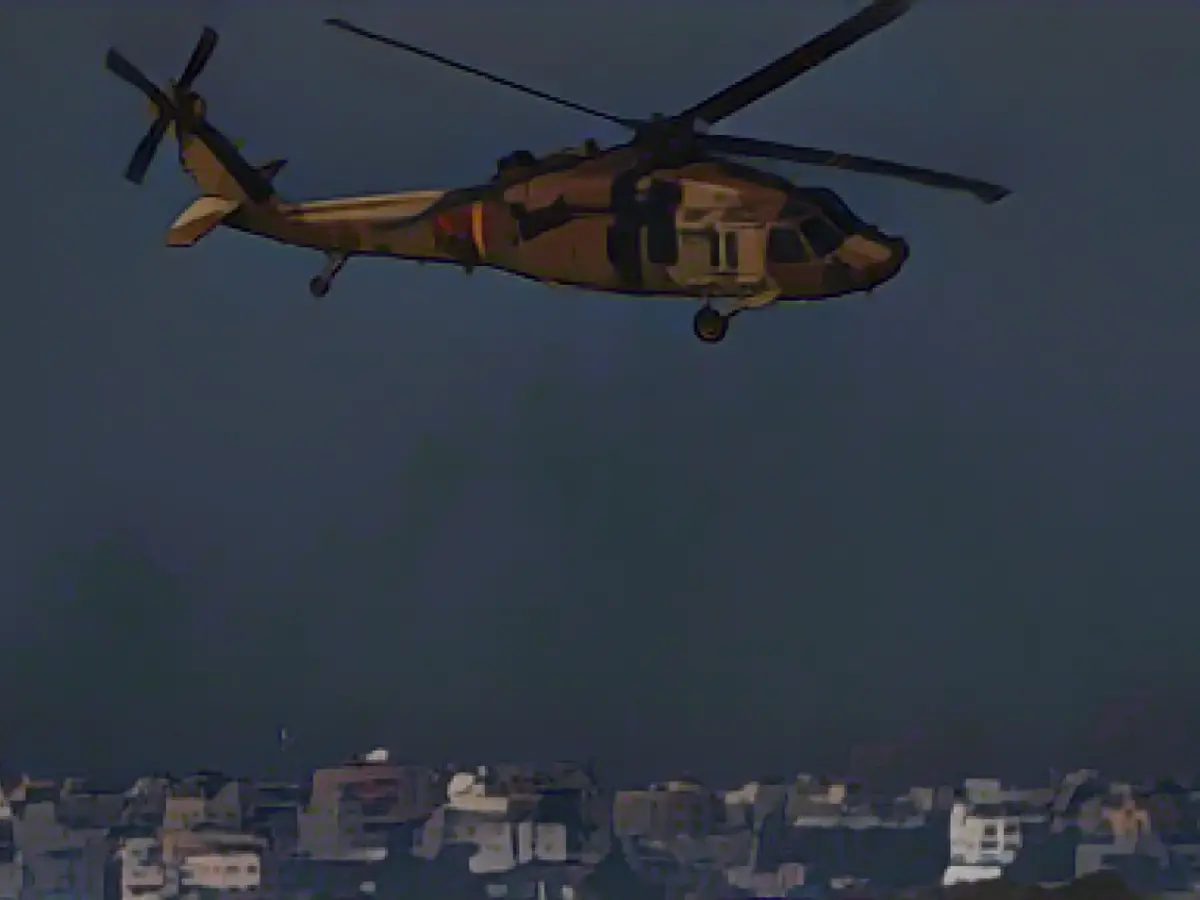Is Israel justifiably accused of violating international humanitarian law during the Gaza war? This is a complex and contentious issue, shaped by the tense political climate in the Middle East and the events leading up to and during the conflict.
At first glance, the humanitarian situation in the Gaza Strip appears dire, leading some to argue that Israel's bombardment is a blatant violation of international law. However, the Israeli government claims that its actions are a legitimate exercise of its right to self-defense, as recognized under international law.
International humanitarian law, also known as the laws of war, aims to protect civilians and civilian objects during conflict. Israel is obligated to strictly observe the proportionality of its means in military action. The test for whether proportionality has been violated is not straightforward, and it depends on various factors, such as the military objective achieved and the number of civilian casualties.
One controversial aspect of the conflict is Israel's use of escape corridors and warnings to civilians before military strikes. Under international law, civilians must be warned of impending attacks, and their failure to heed these warnings does not change their status as civilians. However, the effectiveness and adequacy of these warnings and the requirements of international humanitarian law are subjects of debate among legal experts.
Another contentious issue is the use of human shields. International humanitarian law prohibits the use of civilians to protect military targets, and the practice is widely condemned as a war crime. The allegations against both Israel and Hamas in this regard remain a matter of controversy and debate.
The question of the protection of medical facilities, including hospitals, is equally complex. They should only be attacked if they are misused for hostile activities. However, the specific circumstances, such as the presence of military personnel or combat equipment, can make it challenging to determine whether the facility has become a military target.
The Israeli government has emphasized that it follows the rules of war and tries to minimize civilian casualties. Avichai Mandelblit, a former Israeli Attorney General, stresses the importance of holding Hamas accountable for its actions, such as using civilians as shields and targeting Israeli population centers.
In conclusion, the issue of Israel's compliance with international humanitarian law during the Gaza war is a multifaceted and nuanced one. Both parties to the conflict have significant responsibilities and challenges in protecting civilians and abiding by the principles of war, and the debate surrounding their actions continues.
Enrichment Data:
- Under international law, the use of force by Israel during the Gaza war has been evaluated based on several key principles, including proportionality and distinction. Critics argue that Israel has violated these principles, particularly in relation to the number of civilian casualties and the use of powerful weapons in densely populated areas.
- Human Rights Watch and Amnesty International have raised serious concerns about Israel's adherence to the principle of distinction, accusing it of indiscriminate attacks and targeting protected locations such as hospitals, schools, and mosques.
- Israel's actions during the Gaza war, such as bombing civilian areas and shelling the Gaza Reconstruction Committee, have been accused of collective punishment, which is prohibited under international law.
- Hamas has also been criticized for its role in increasing civilian casualties during the conflict. Counterarguments claim that Hamas is a non-state actor with limited capabilities and limited control over the situation, hindering its ability to uphold full compliance with international humanitarian law.
- The United Nations and international legal bodies, such as the International Court of Justice and the International Criminal Court, have been involved in evaluating Israel's actions during the Gaza war. The International Criminal Court has sought arrest warrants against Israeli officials, including Prime Minister Benjamin Netanyahu and Defense Minister Yoav Gallant, for war crimes and crimes against humanity.
- Hamas's use of human shields and indiscriminate attacks have also been criticized for exacerbating the humanitarian situation and violating international humanitarian law. The use of civilians as shields and the firing of rockets into Israeli population centers has resulted in civilian casualties on both sides of the conflict.





